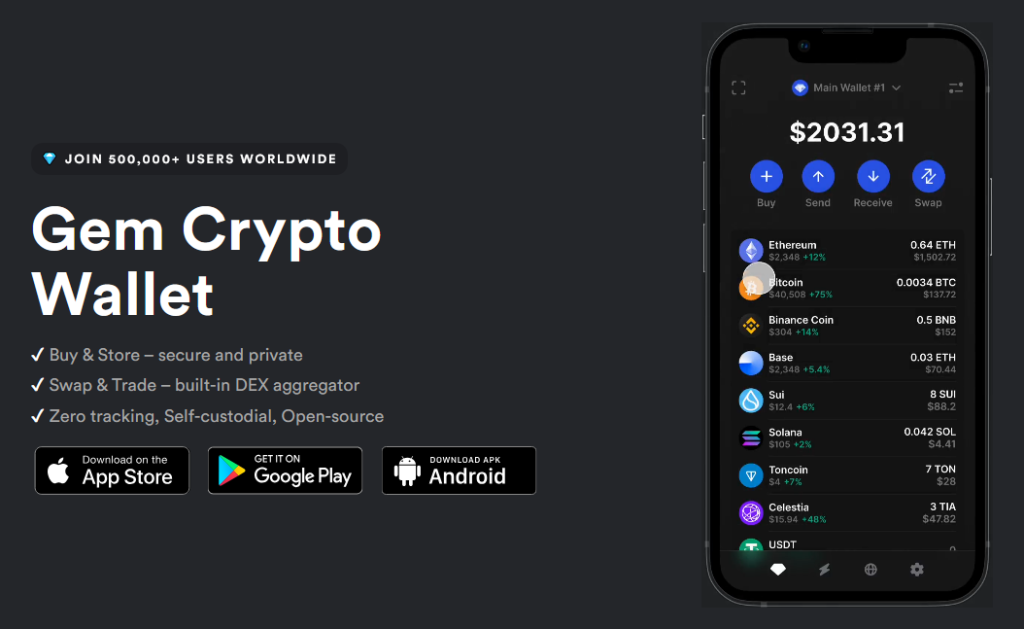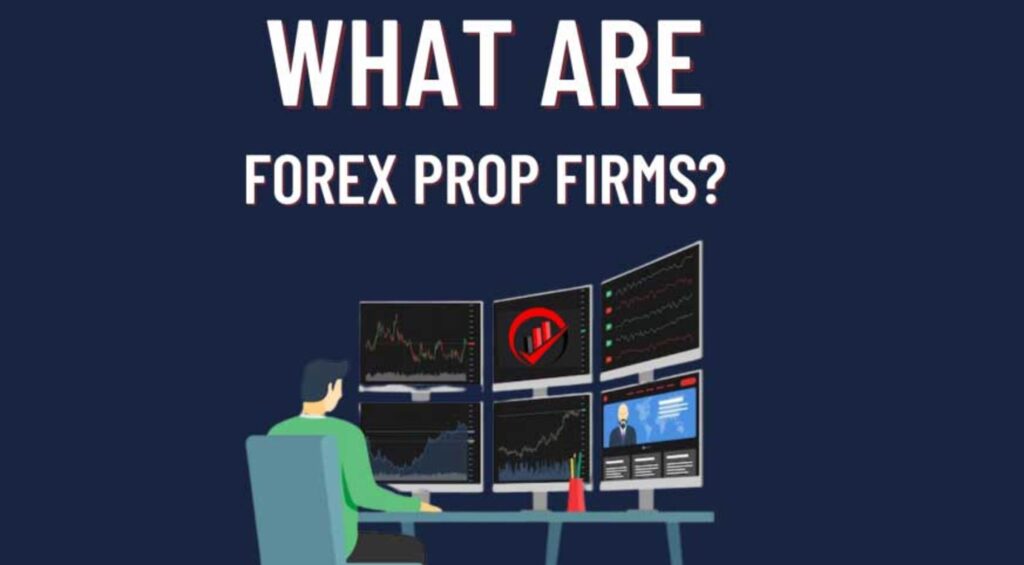When entering the world of Forex trading, one of the first decisions you’ll need to make is choosing the right type of trading account. Forex brokers offer several types of accounts to cater to different levels of traders, from beginners to professionals. The type of account you choose can significantly impact your trading experience, influencing everything from leverage to spreads, commissions, and initial deposit requirements.
In this article, we’ll explore the most common types of Forex accounts, their features, and who they are best suited for. We’ll also provide a comparative table to help you understand the differences between each account type.

What is a Forex Account?
A Forex account is a type of financial account used by traders to hold and trade currencies. Depending on the account type, the conditions such as leverage, spreads, commissions, and trading tools can vary. Each account is designed to suit a particular trading style or experience level, offering different benefits and costs.
Common Types of Forex Accounts
1. Standard Account
A Standard Account is the most common type of Forex trading account and is typically used by experienced traders. It offers access to the full range of market instruments and often requires a higher minimum deposit compared to other account types.
Features:
- Standard lot size of 100,000 currency units.
- Lower leverage compared to other account types.
- Fixed or variable spreads, depending on the broker.
- Suitable for traders with substantial capital and experience.
Pros:
- Potential for higher profits due to larger lot sizes.
- Full access to all market tools and instruments.
Cons:
- Higher minimum deposit.
- Increased risk due to larger trade sizes.
2. Mini Account
A Mini Account is a more accessible option for those new to Forex trading or those who want to trade smaller amounts of money. Instead of trading standard lots, mini accounts deal in mini lots, which are 10,000 currency units.
Features:
- Lot size is 1/10th of a standard lot (10,000 units).
- Leverage is typically higher than in a standard account.
- Lower minimum deposit requirement.
Pros:
- Lower risk due to smaller lot sizes.
- Ideal for beginners or those with limited capital.
Cons:
- Potential for smaller profits compared to standard accounts.
- Some brokers may offer wider spreads for mini accounts.
3. Micro Account
A Micro Account is designed for traders who want to start with even smaller capital. It allows trading in micro lots, which are 1,000 currency units, making it the perfect account type for beginners looking to practice in a real market environment.
Features:
- Lot size of 1,000 units.
- Extremely low minimum deposit requirements.
- High leverage options.
Pros:
- Lowest financial risk due to tiny lot sizes.
- Great for testing strategies and learning with real money.
Cons:
- Lower potential for profit due to smaller lot sizes.
- May experience higher spreads or slower execution with some brokers.
4. ECN Account
An ECN (Electronic Communication Network) Account connects traders directly to the market, bypassing the broker’s dealing desk. This account type offers tighter spreads, but commissions are charged for each trade.
Features:
- Tightest spreads, often starting from 0.0 pips.
- Commissions on trades instead of spreads.
- No dealing desk; direct market access.
Pros:
- Transparent pricing and fast execution.
- Ideal for scalpers and high-volume traders.
Cons:
- Commissions are charged on trades, which can add up.
- Higher minimum deposits compared to micro or mini accounts.
5. Islamic Account
An Islamic Forex Account is designed for traders who must adhere to Sharia law, which prohibits earning interest (riba). These accounts do not charge or pay overnight swap fees, making them compliant with Islamic finance principles.
Features:
- No swap or rollover interest on overnight positions.
- All other account features (lot sizes, leverage) depend on the broker.
Pros:
- Compliant with Islamic finance laws.
- Allows Muslim traders to participate in the Forex market.
Cons:
- Some brokers might offset the lack of swap fees by charging higher spreads or commissions.
6. Demo Account
A Demo Account is not a live trading account but is used to simulate real trading conditions. It is perfect for beginners who want to practice trading with virtual funds before risking real money.
Features:
- No real money involved; trades are simulated.
- Access to live market data and trading platforms.
- Ideal for practicing strategies and getting familiar with the trading platform.
Pros:
- No financial risk involved.
- Perfect for learning and strategy testing.
Cons:
- Does not provide the emotional experience of trading with real money.
- Limited duration; demo accounts often expire after a certain period.
Comparing Forex Account Types
The following table provides a summary comparison of the different types of Forex accounts.
| Account Type | Lot Size | Leverage | Minimum Deposit | Spread | Commissions | Best For |
|---|---|---|---|---|---|---|
| Standard | 100,000 units | Lower (50:1 to 200:1) | Higher ($1,000-$10,000) | Medium to low | Sometimes, depending on broker | Experienced traders |
| Mini | 10,000 units | Higher (up to 500:1) | Low ($100-$500) | Wider than standard | No or low commissions | Beginners and small capital traders |
| Micro | 1,000 units | Higher (up to 500:1) | Very low ($10-$100) | Wider than mini | No commissions | New traders, small-scale trading |
| ECN | Varies | Medium (50:1 to 200:1) | Higher ($1,000+) | Tight (from 0.0 pips) | Yes, per trade | Scalpers, high-volume traders |
| Islamic | Varies | Depends on broker | Depends on broker | Medium to low | Sometimes higher spreads | Muslim traders following Sharia law |
| Demo | N/A (virtual funds) | N/A | None | N/A | N/A | New traders, strategy testing |
Choosing the right Forex account type depends on your trading goals, experience level, and available capital. For beginners, Micro or Mini Accounts are ideal as they allow you to start with lower risk and capital requirements. Experienced traders may prefer Standard or ECN Accounts, which offer tighter spreads and more direct market access. For those adhering to Islamic principles, Islamic Accounts provide a compliant option.
No matter which type of account you choose, always ensure that you understand the terms and conditions associated with it, including spreads, commissions, and leverage, to maximize your trading success.







The article explains different Forex accounts well. Standard accounts need more money but can make more profit. Mini and Micro accounts are good for beginners with less money. ECN and Islamic accounts have special features.
I learned a lot from this article. Different accounts like Standard, Mini, and Micro have different lot sizes and risks. ECN accounts give direct market access, and Islamic accounts are good for Muslim traders. Demo accounts are great for practice.
I found the section on ECN Accounts very informative. Nice article!
Great overview of Forex accounts. The comparative table is very helpful.
This article explains different Forex accounts well. Good for new traders!
I appreciate the explanation of the Islamic Account. Important for Muslim traders.
I didn’t know there were so many types of Forex accounts. Useful information!
The article helped me understand which account type is best for beginners.
Good breakdown of each account feature. Clear and easy to follow.
It’s good to know the pros and cons of each account. Thanks for the details!